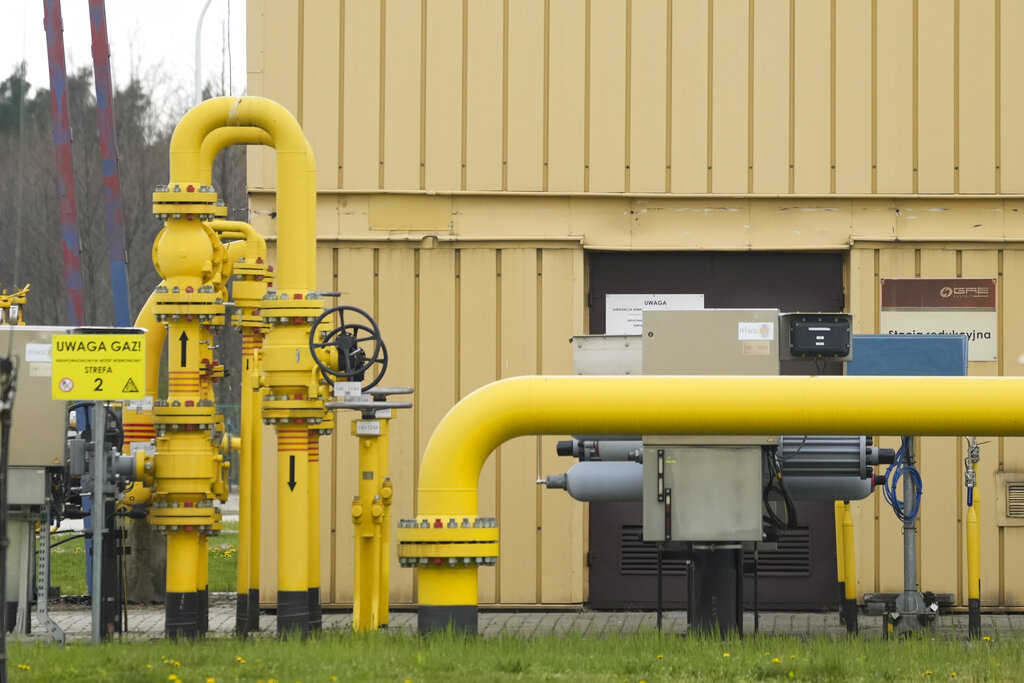During the Three Seas Local Government Congress in Lublin, Polish Deputy Minister of Finance Artur Soboń said that in terms of energy security Poland “did its homework and was not as naïve as many other Western European countries.” He added that energy transformation must be conducted with the consent of the population and requires time.
Soboń underlined that after Russia’s invasion of Ukraine, energy security gained critical importance.
“It had enormous importance even before this event because Poland is undergoing transformation on a gigantic scale. We are speaking of investments that are hard to imagine from the perspective of specific companies and the entire country,” assessed Soboń.
According to Soboń, inflation present across the EU caused the worsening of already difficult conditions in energy transformation. In his view, the state needs to partially take on the social costs connected to inflation.
“That is the reason for inflation shields. In Poland, over €440 million (2 billion zloty), was spent on energy bill subsidies for individual citizens and for fertilizer subsidies,” said the deputy minister, later mentioning the next plan “to keep coal prices in check.”
He continued that Poland has for a long time featured an energy policy that has led to the comfortable position it currently enjoys. Apart from external factors, Poland is able to build energy independence by ensuring oil and gas imports, using its coal supplies and supporting the construction of renewable energy sources. He added that the National Recovery Plan funds will be used for developing renewable energy sources, allowing the oil giant PKN Orlen and PGE (Polish Energy Group) to realize offshore projects and to expand its distribution grid.
The goal, according to Soboń, is to stabilize the energy system during the process of decarbonization with nuclear energy.
“It is a plan that is being successfully implemented,” he said.
Referring to the Ukraine war, Soboń stated that Poland has a quite well-prepared plan for gas interconnectors, a project for energy transition, a social consensus from the Polish public, proper management of coal supplies, and investment projects regarding liquified natural gas (LNG), such as the LNG terminal in Świnoujście. He added that soon it will be possible to extract and transit gas from the Norwegian continental shelf via the Baltic Pipe, and PKN Orlen is planning to diversify oil imports and limit deliveries from the east.





